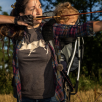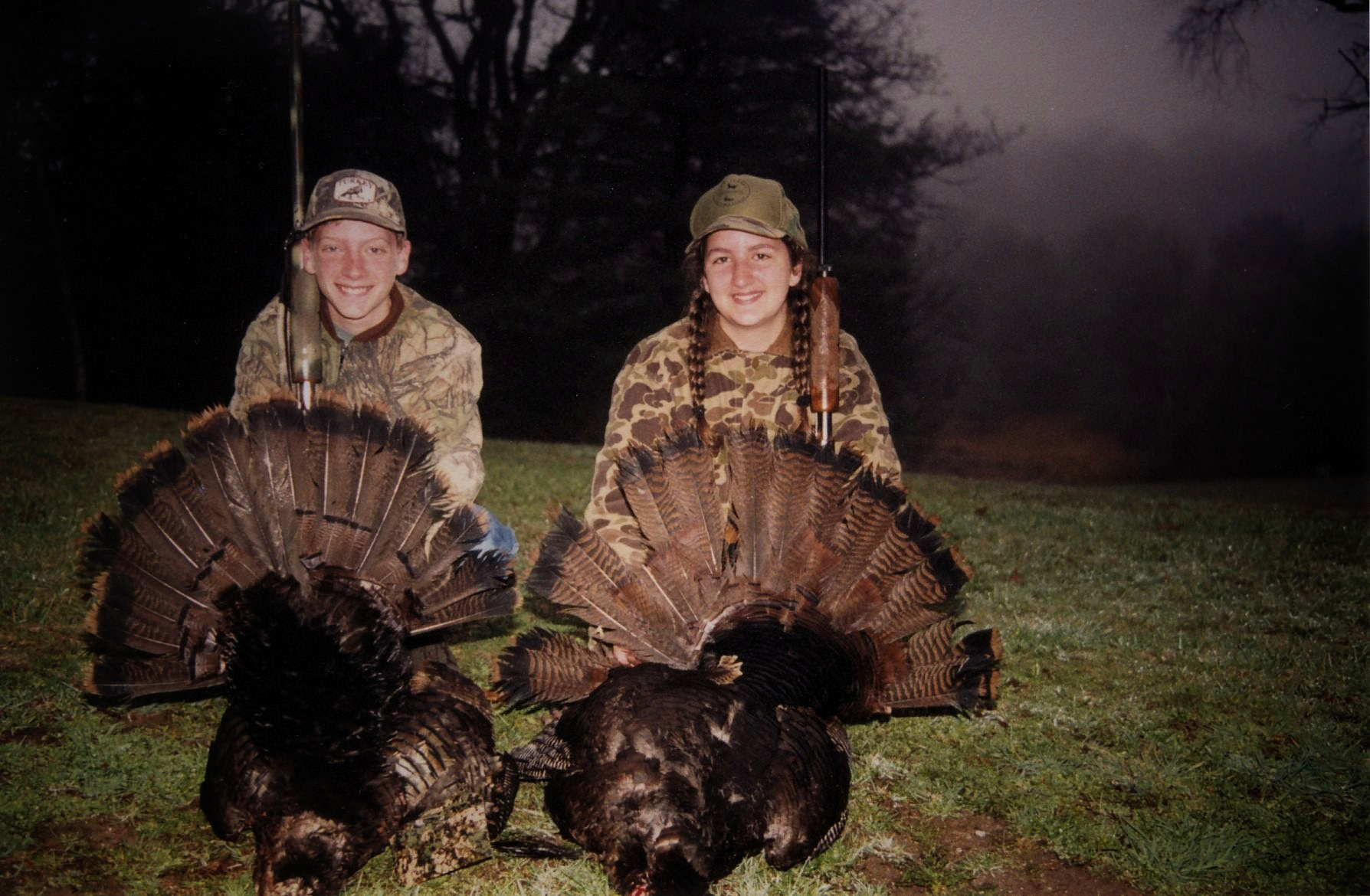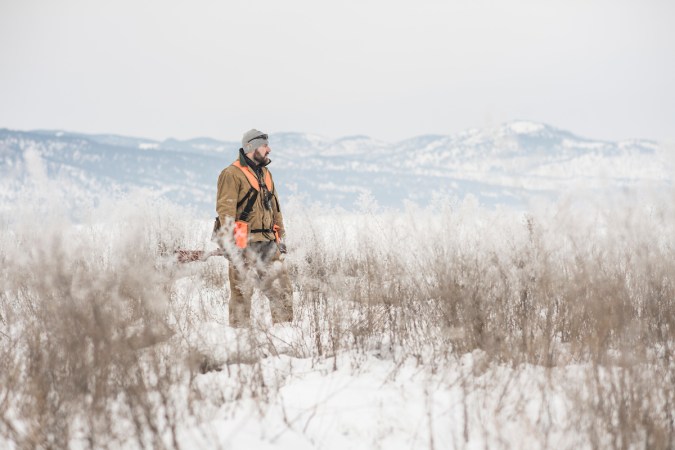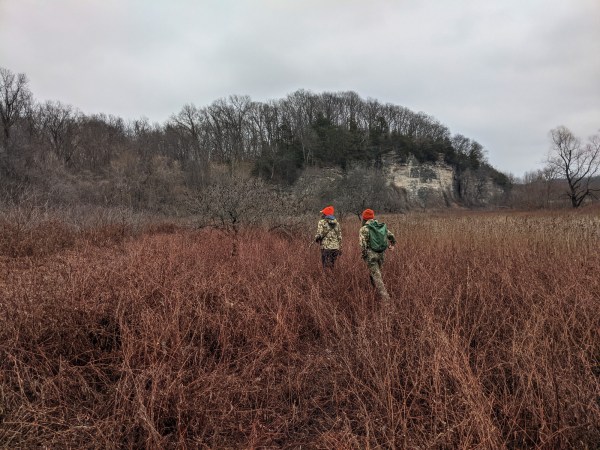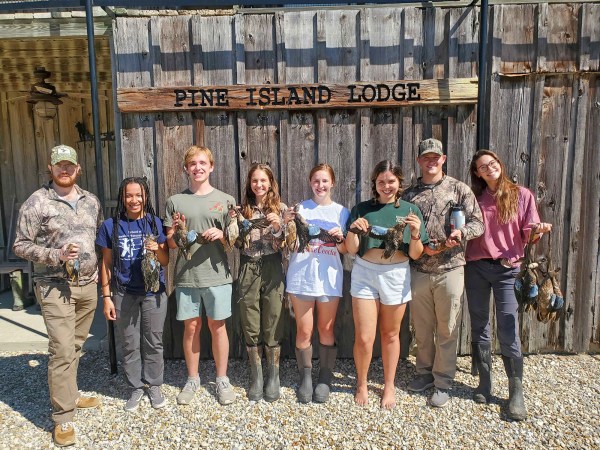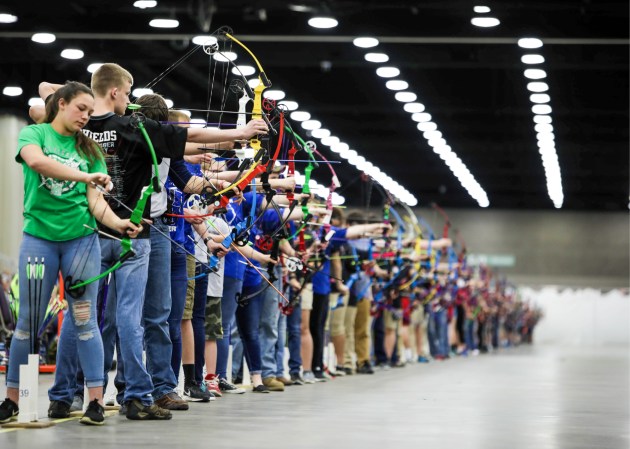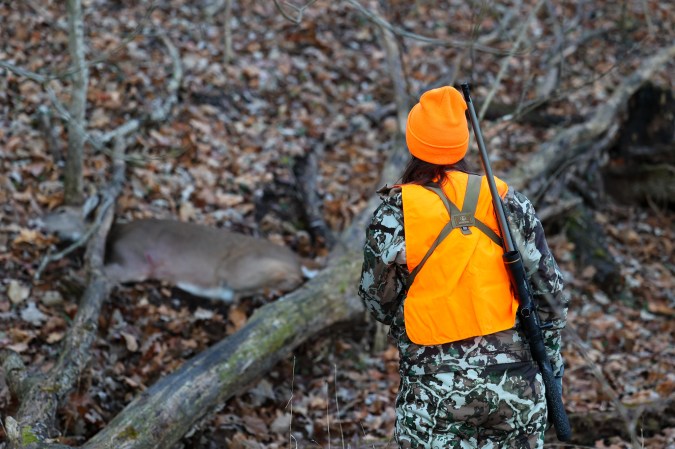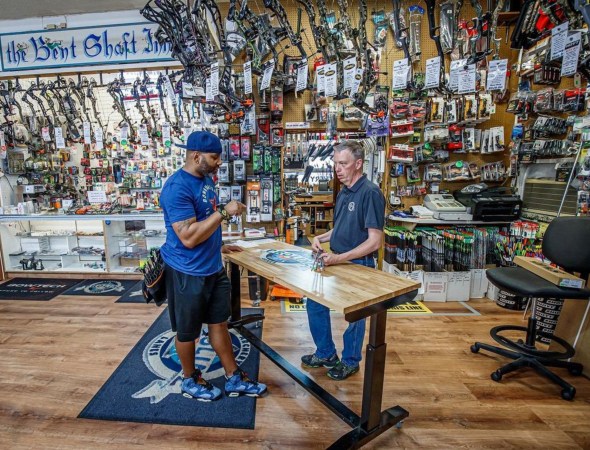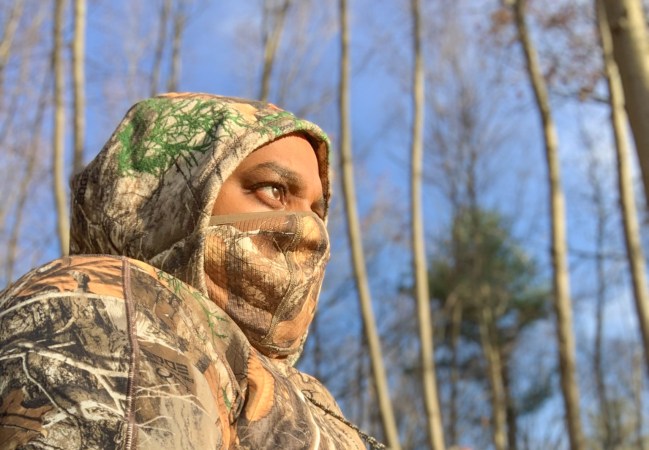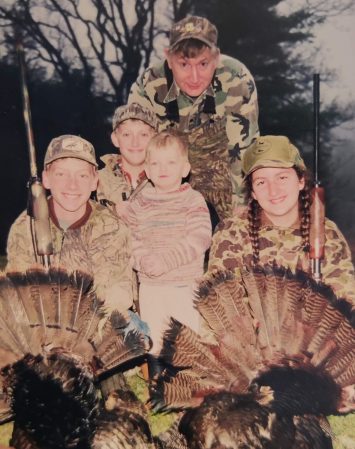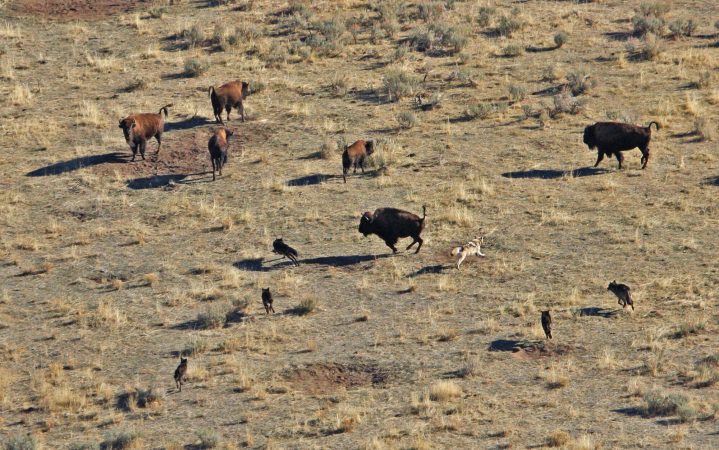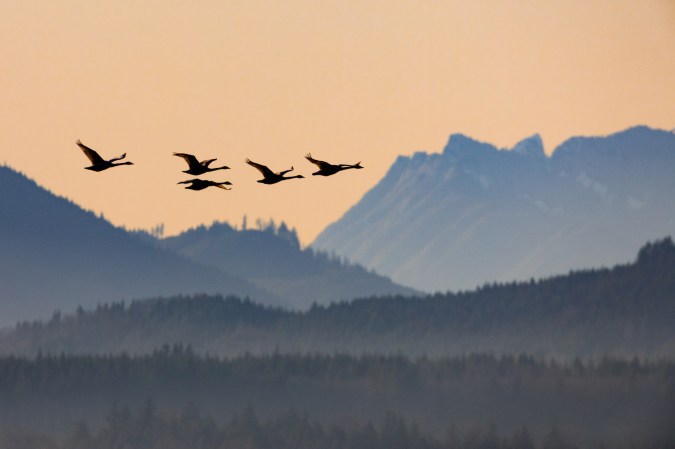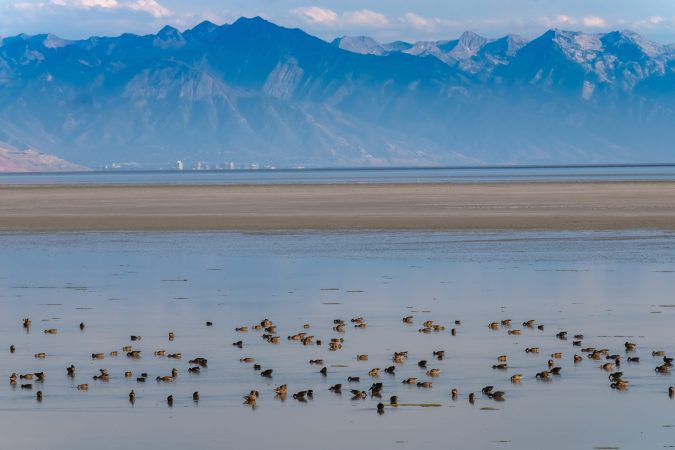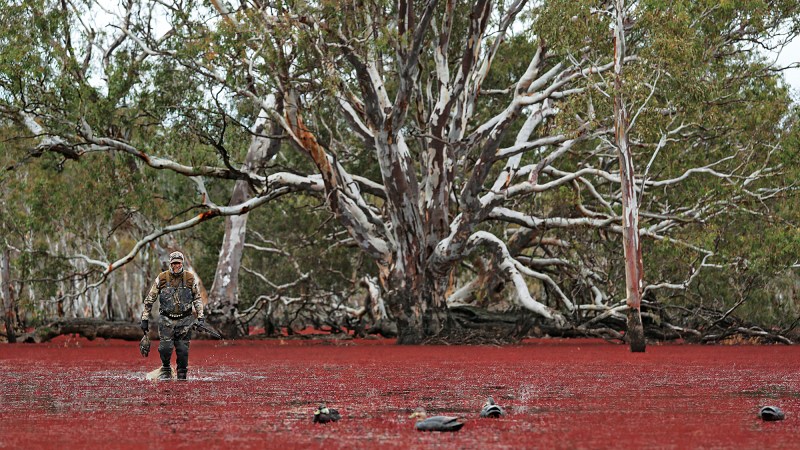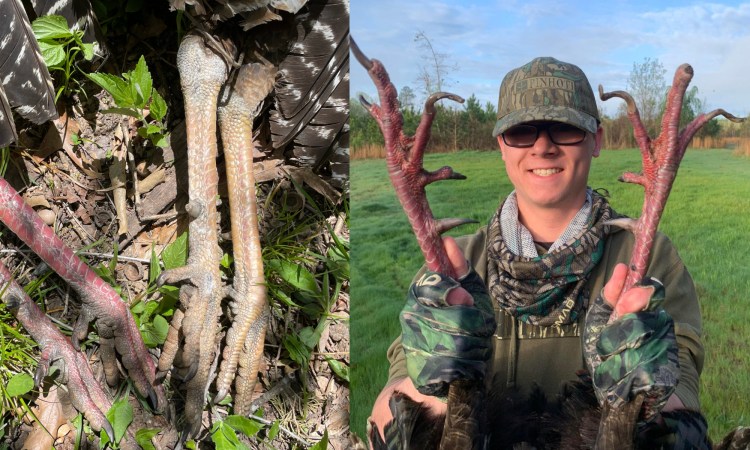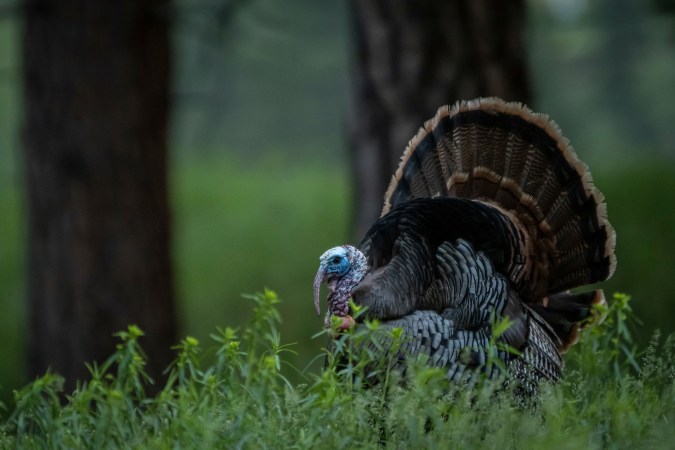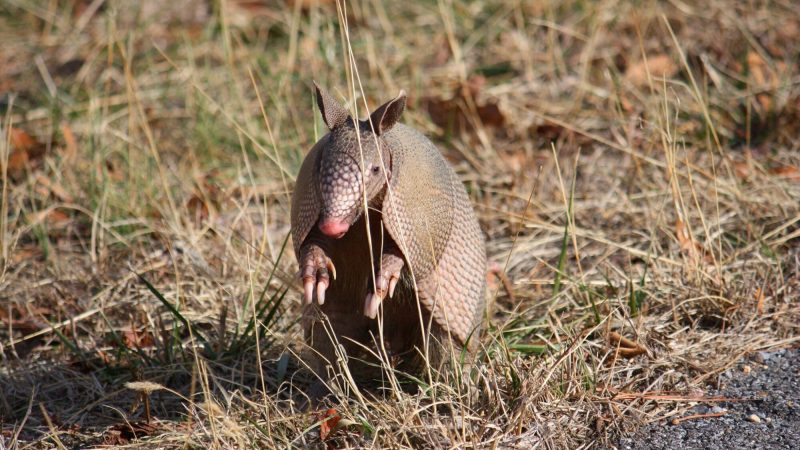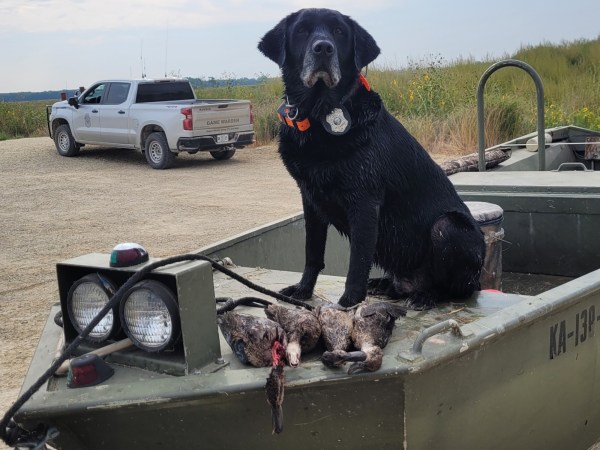“We’ll get ‘em next season!” My dad patted the top of my head, causing my too-big camo hat to slide over my eyes.
I nodded, swallowing the lump of disappointment in my throat. I was glad he couldn’t see my face. The sun rising higher in the sky marked the end of my first spring turkey season, and at 10 years old there was nothing I wanted more than to shoot my first turkey. I had gone into the season with expectations of shooting a turkey, yet quickly learned that turkey hunting wasn’t as simple as that. Several missed opportunities along with several missed shots resulted in going home empty handed every day.
Yet, I didn’t let that stop me from going again. Year after year I persisted, knowing that if I quit it would never happen. Three years later, on my thirteenth birthday, I bagged a giant longbeard. I can’t think of a better birthday present than that, and the culmination of years of effort made it even sweeter.
It can be tough to continue hunting year after year with no success. Many people give up long before they’ve even learned how to hunt, let alone how to be good at hunting. This pursuit isn’t as easy as it might appear. Sure, you can be lucky enough to go out on the first day and fill a tag. However, that’s not the norm and it shouldn’t be the expectation.
I hunted for three years before getting my first turkey, a whole year of countless hunts before shooting my first deer, and I still have never shot a duck or goose despite being on multiple waterfowl hunts. My point? Your patience will define your success when it comes to hunting.
Bowhunting in particular offers extreme challenges. Many variables make it impossible to compare your success with others. This is especially important because social media can create the illusion that many people are successful hunters immediately. When you’re sitting in a treestand every weekend for weeks on end, sticking it out through the bitter elements, it’s easy to consider quitting. After all, Becky on Instagram only hunted three times and filled two buck tags already. This must mean you’re a bad hunter, right?
Wrong.
The time it takes someone to fill a tag usually has nothing to do with skill as a hunter. Not everyone hunts private land, not every hunter has a lot of time to put into scouting, and not every hunter has access to quality hunting areas. On top of that, seasons vary in each state and region. Some hunters only gun hunt, while some strictly bowhunt.
As you learn more about hunting, you might find that you’re more of a casual hunter than a diehard. That just fine, and it doesn’t mean you aren’t cut out for hunting. As Christine Peterson wrote for Outdoor Life: “Casual hunters do more than just create the next generation of hunters. They buy licenses and guns and ammo that feed the excise taxes agencies use to manage wildlife. And they buy those licenses often knowing they won’t likely kill an animal. Maybe they don’t have the skills or the time or both, but they have the interest.”
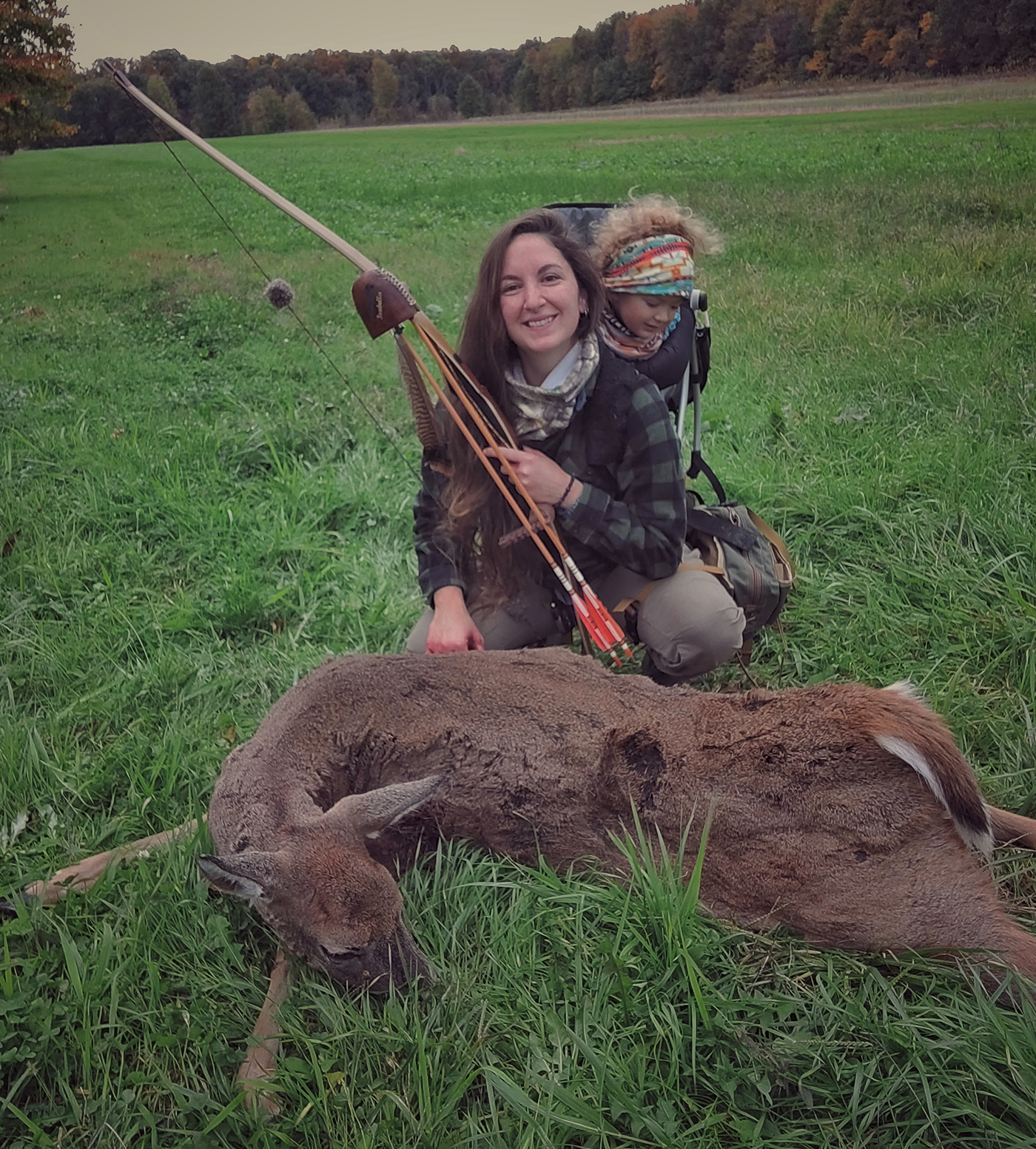
I know some hunters who have hunted years, even decades before getting an opportunity to take their first deer. Even Fred Bear, legendary bowhunter that he was, hunted for six years before shooting his first deer. Fred tried hunting deer with a bow in 1929 but lost all six of his arrows trying to shoot a snowshoe hare. It took him six seasons to finally kill a deer—a spike buck. That certainly says a lot about his persistence, and how he must have truly loved the hunt.
Read Next: Hunting is About Much More Than the Meat
And that’s why you shouldn’t give up. Sometimes great things take time. Enjoying your time in the treestand or ground blind is never a bad thing, and even if you’re not killing animals every hunt, you can still learn from it. Looking at every hunt as a new opportunity is important. So is maintaining a positive mindset.
Remember why you’re out there. The point is to enjoy the hunt. If you’re having fun and learning, then the hunt should be considered a success. And also know that it only takes one deer, or tom, or bull to make it happen.
